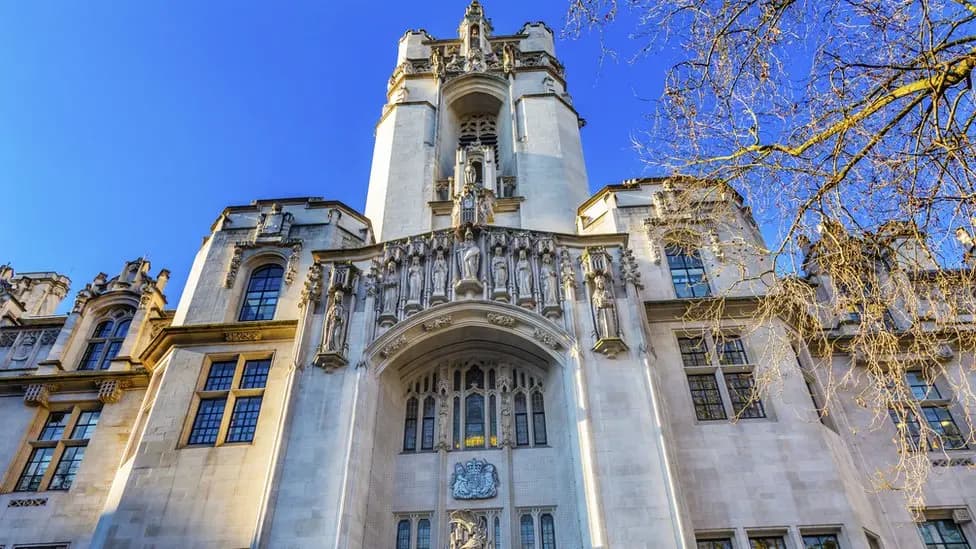United Kingdom - Human Rights Orgs Call British/UK EHRC Unfit For Purpose
UK organizations recently demanded an investigation into the EHRC for being "unfit for purpose" and abdicating its role of promoting human rights.

On Oct. 23, a number of human rights organizations formally accused the UK’s Equalities and Human Rights Commission (EHRC), the government body responsible for upholding human rights in the country, of being “unfit for purpose.”
The organizations involved include TransActual, Amnesty International, Trans+ Solidarity Alliance, the Equality Network, Scottish Trans and the Trans Advocacy & Complaints Collective (TACC).
Each organization made and/or co-signed a complaint to the Global Alliance of National Human Rights Institutions, demanding an investigation into the EHRC.
This comes after the EHRC asked the Women and Equalities Minister to update the code of practice regarding trans people in public bathrooms to reflect the Supreme Court ruling that trans women are legally men.
The interim guidance issued by the EHRC was published in April of this year and removed by the EHRC in September.
Instead, the EHRC’s website now only has a short section asking the UK Parliament to do the EHRC’s job for them.
This abdication has been cited, among other facts, in the coalition of UK NGOs who have issued their formal complaints against the EHRC.
The complaints themselves aren’t public, but the NGOs involved have each issued or shared some sort of press release detailing their involvement.
If the interim guidance is made permanent, it would force trans people to out themselves to access public accommodations.
If you like what you see so far, consider subscribing to The Needle as a Gold tier supporter, at 15 euros a month.
It would also require all to use bathrooms that reflect their coercively assigned sex at birth rather than their actual bodies or safety.
If trans people do not wish to out themselves while using public spaces, they would be violating the law.
The EHRC’s solution to this is that businesses and state institutions should make separate sexed spaces for trans people, such as bathrooms and hospital wings. Assuming these spaces actually get made, it would still be formal segregation.
And that’s a large assumption, as building separate spaces for trans people would be an investment by businesses with little likely return.
It’s much cheaper to just go along with exclusionary policy, as reflected in a statement issued by the Good Law Project in the UK.
“The guidance, which faces an ongoing legal challenge from Good Law Project, told employers and service providers that they must exclude trans people from accessing gendered spaces and services, such as toilets.
A number of employers and service providers have already implemented this interim guidance, with a devastating impact on trans people. These actions may be against the law.” - Good Law Project
For our British and UK readers, you have the option to call your MPs and demand that they reject this new guidance. You can use this tool to send an email to them.
Sign up for The Needle - News
Culture and News: By and for transsexuals. | Digitally-native, globally-focused trans coverage by us, for us.
No spam. Unsubscribe anytime.

